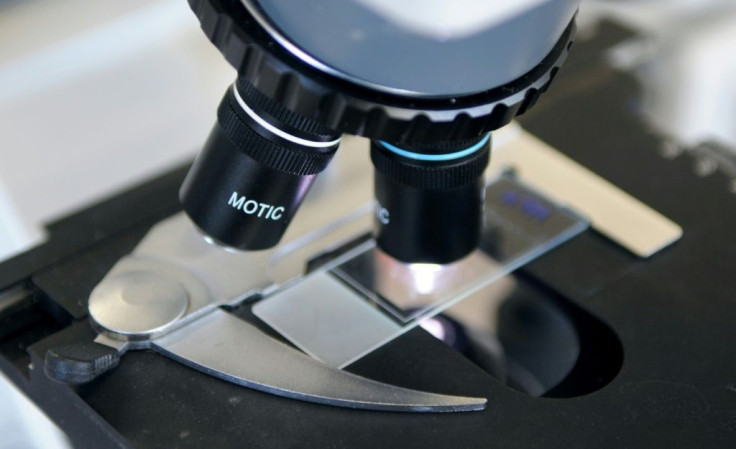CAR-T Cell Therapy For Cancer Can Lead To Multiple Organ Failure, Researchers Explain Why
KEY POINTS
- CAR-T cell therapy's extreme side effects studied by researchers
- Blasting cancer cells can cause high fever, multiple-organ failure
- Due cytokine release, inflammation triggers in the body
Methods to genetically modify immune cells of a patient have come a long way to deal with difficult-to-treat cancers. However, they can cause some major side effects like multiple organ failure.
According to a study published in Science Immunology, a blasting cancer cell triggers inflammation in patients getting CAR-T cell immunotherapy for blood cancer.
CAR-T therapy is given to patients suffering from non-Hodgkin’s lymphoma and severe lymphoblastic leukemia. In this therapy, immune cells are injected in the bloodstream of a patient. These immune cells are tweaked to make artificial proteins known as chimeric antigen receptors (CAR). The proteins help T cells to identify cancer cells so that the immune cells can get rid of the bad cells.
In normal circumstances, cells die and they break apart, a controlled process whose residue can be flushed out by the body’s defense mechanism. However, in CAR-T cell treatment, the cancer cells can enlarge and explode like an infection.
Bo Huang, the author and an immunologist at the Chinese Academy of Medical Sciences, Beijing, said the blasting cell death leads to the targeted cells to spew their contents. And that compels the immune system to produce a chemical known as a cytokine that starts inflammation, Science News reported.
Cytokine release syndrome can induce fast heartbeat, multi-organ failure, and high fever. Most patients are able to endure the side effects, but many require special care. The researchers did not know what triggered the problem. However, this study can help scientists devise methods to stop the onset of this inflammation.
Huang and his team mixed cancer cells with CAR-T cells in an apparatus and observed signs of cell demise. They noticed the rogue cells swelling up and bubbles bulge from holes on the surface of the cells indicating death by pyroptosis.
This study is the genesis to figure out different ways to reduce the extreme side effects of CAR-T cell therapy. Moreover, it would also help understand the cytokine release symptoms due to this therapy.

© Copyright IBTimes 2025. All rights reserved.





















